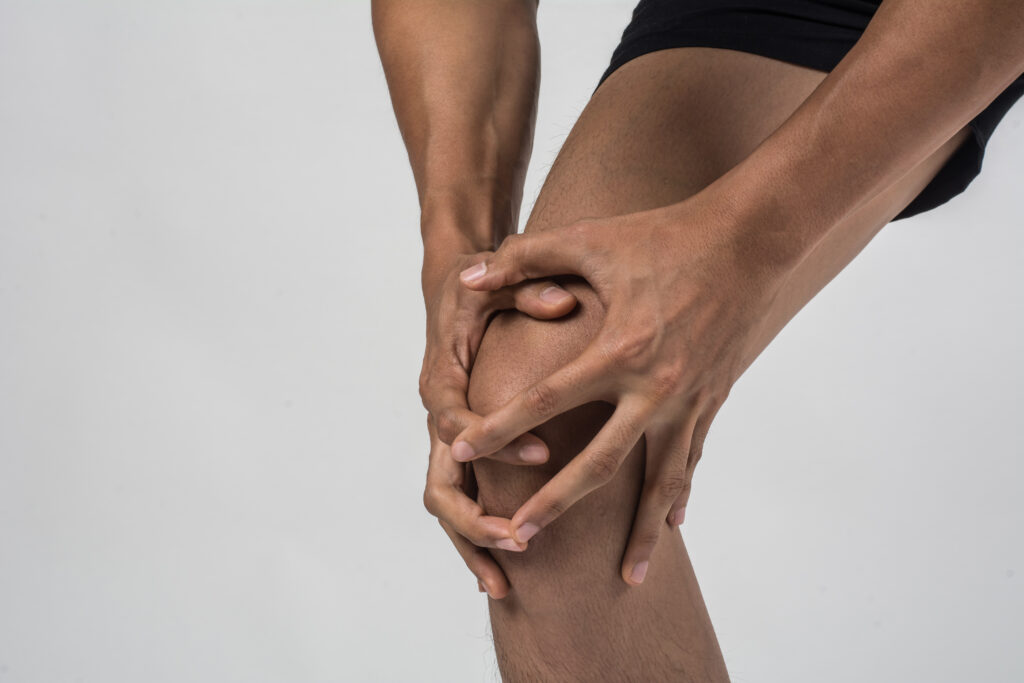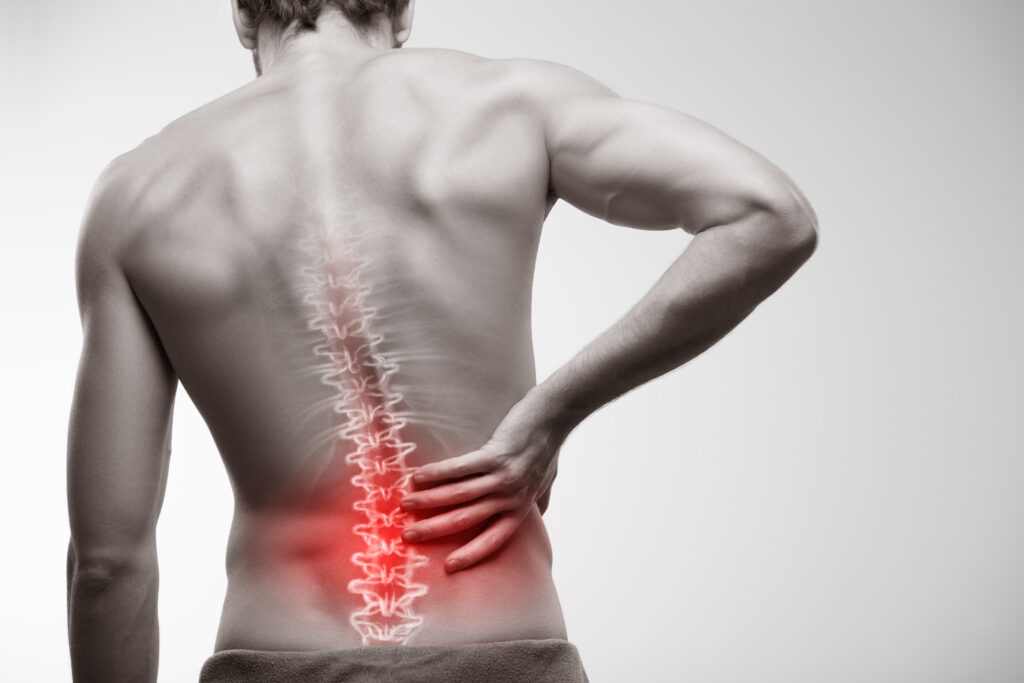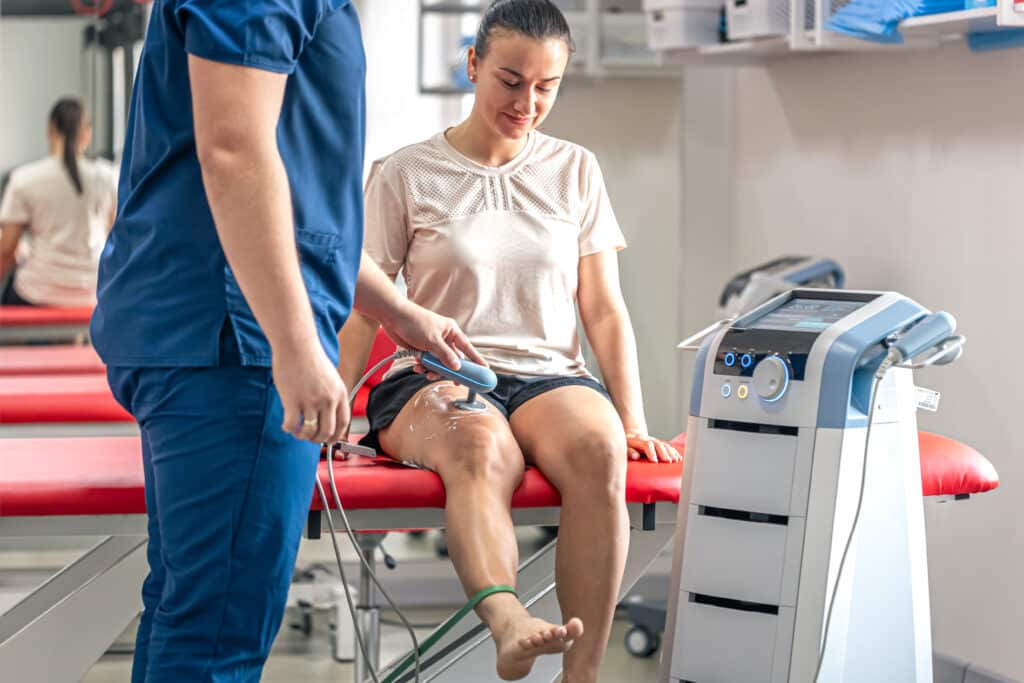As we age, maintaining good bone health becomes increasingly important. Our bones provide the structural support our bodies need to stay active and functional. While it’s common for bone density to decrease with age, there are many steps you can take to keep your bones strong and reduce the risk of fractures and osteoporosis. In this blog post, we’ll explore the importance of bone health and share expert advice from the German Medical Center in Dubai on how to keep your bones healthy as you age.
The Importance of Bone Health
Bones are not static structures; they are continually being broken down and rebuilt in a process called remodelling. During childhood and adolescence, the rate of bone formation outpaces bone breakdown, leading to an increase in bone density. However, as we age, this balance shifts and bone loss becomes more prevalent, especially in women after menopause.
Maintaining good bone health is crucial for several reasons:
Preventing Osteoporosis: Osteoporosis is a condition in which bones become brittle and fragile, making them more susceptible to fractures. It’s often called the “silent disease” because it progresses without symptoms until a fracture occurs.
Reducing the Risk of Fractures: Strong bones are less likely to break, reducing the risk of fractures, which can lead to a significant decrease in mobility and overall quality of life, particularly in older adults.
Supporting Muscle Function: Bones work in tandem with muscles to support your body and facilitate movement. Healthy bones are essential for overall mobility and strength.
Ensuring a Lifelong Active Lifestyle: Maintaining good bone health is integral to being active and independent as you age. Strong bones allow you to continue enjoying activities you love, such as walking, running, and dancing.
Tips for Maintaining Bone Health
Now that we understand the importance of bone health, let’s delve into some practical tips to keep your bones healthy as you age, as recommended by the German Medical Center in Dubai.
Eat a Balanced Diet
Nutrition plays a pivotal role in bone health. Ensure your diet is rich in calcium, which is vital for bone strength. Dairy products, leafy greens, almonds, and fortified foods are excellent sources of calcium. Additionally, vitamin D is essential for the absorption of calcium, so make sure to get enough sunlight and include vitamin D-rich foods like fatty fish and fortified cereals in your diet.
Engage in Weight-Bearing Exercises
Regular physical activity, especially weight-bearing exercises, is essential for maintaining bone density. Activities like walking, jogging, dancing, and weightlifting stimulate bone formation. The German Medical Center recommends at least 150 minutes of moderate-intensity exercise each week to support your bone health.
Avoid Smoking and Excessive Alcohol
Smoking and excessive alcohol consumption have a negative impact on bone health. Smoking reduces bone density and impairs the body’s ability to absorb calcium. Similarly, excessive alcohol can lead to bone loss. Quitting smoking and moderating alcohol intake can help preserve your bone health.
Get Regular Check-Ups
Regular medical check-ups can help identify bone health issues early on. A bone density test, also known as a DXA scan, can assess your bone health and help you and your healthcare provider make informed decisions about your bone health strategy.
Manage Medications and Underlying Conditions
Certain medications and underlying medical conditions can contribute to bone loss. Discuss with your healthcare provider any medications you’re taking and any existing medical conditions to determine if they are impacting your bone health. Adjustments to your treatment plan may be necessary.
Ensure Sufficient Calcium Intake
Calcium is essential for bone health. If you’re unable to meet your calcium requirements through your diet, supplements may be recommended. However, consult with a healthcare provider before taking any to determine the appropriate dosage.
Maintain a Healthy Body Weight
Being underweight can increase the risk of bone loss and fractures. It’s important to maintain a healthy body weight through a balanced diet and regular exercise. In contrast, excessive weight can strain the bones and joints, so it’s important to strike a balance.
Maintaining good bone health as you age is crucial for your overall well-being. By following the tips provided by the German Medical Center in Dubai, such as eating a balanced diet, engaging in weight-bearing exercises, and avoiding harmful habits, you can take proactive steps to keep your bones healthy and strong. Remember, it’s never too late to start caring for your bones, and a healthy lifestyle can make a significant difference in your long-term bone health. So, embrace these practices and ensure a fulfilling and active life as you age.



















